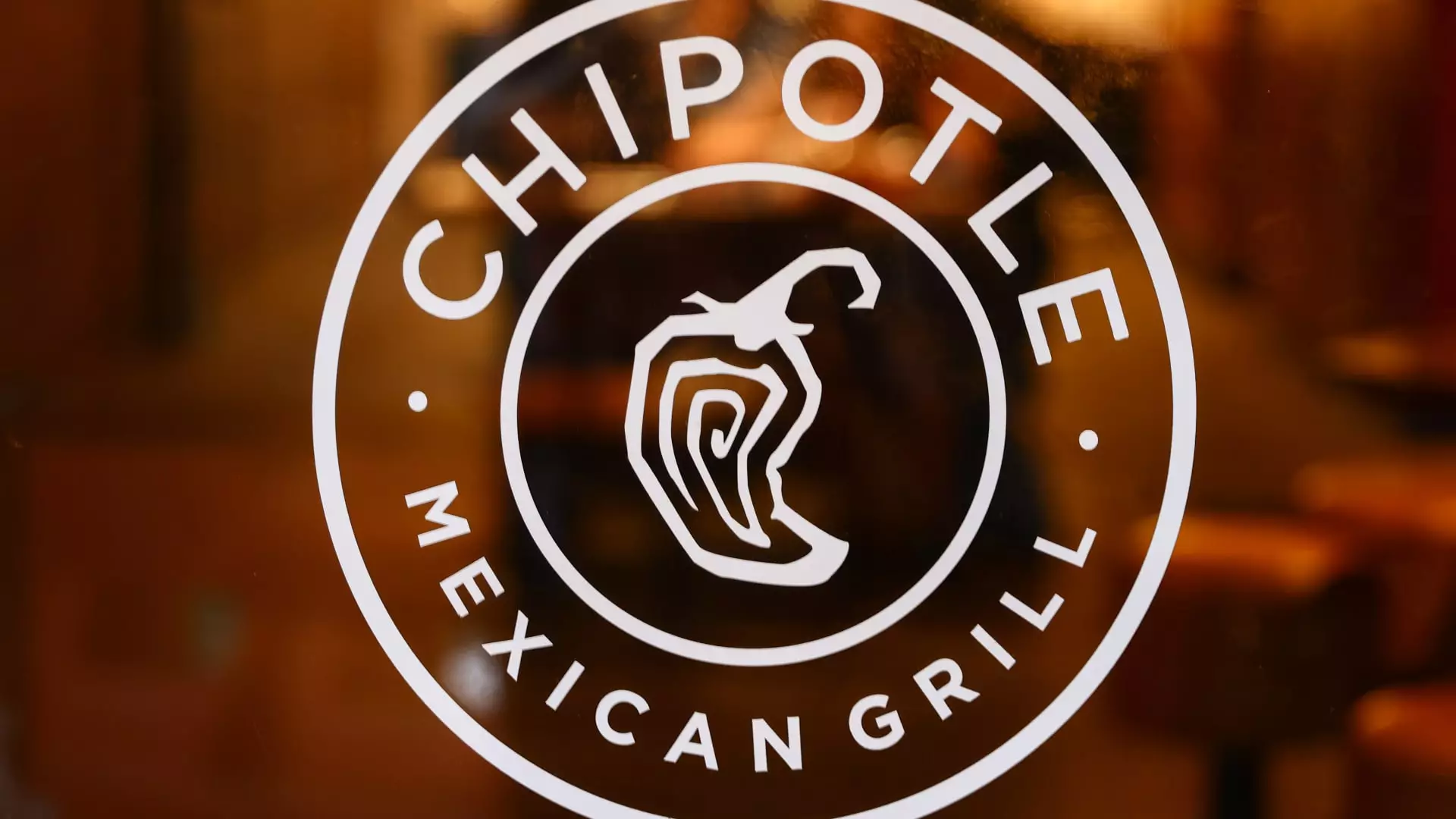Chipotle Mexican Grill’s decision to establish its first restaurant in Mexico next year is nothing short of a bold leap into the unknown. While the lure of international expansion is undeniably alluring, the context in which this move is taking place cannot be understated, particularly in light of the ongoing trade disputes that have characterized U.S.-Mexico relations under the Trump administration. The company is taking a significant risk by re-entering a market rife with complexities; however, it may also signal a shifting perspective in the fast-casual food landscape—a perspective that values local appreciation for fresh, high-quality ingredients over mere brand recognition.
Partnership with Alsea: Possibility or Peril?
Chipotle’s collaboration with Alsea, a key player in the Latin American and European restaurant scenes, raises questions about the wisdom of relying on a franchise model far from home. While leveraging Alsea’s experience could facilitate smoother entry into the Mexican market, it also exposes Chipotle to potential brand dilution. Fast-casual dining is a dynamic sector where authenticity is king; aligning with local operators is crucial, but how closely can Chipotle maintain its core identity when filtered through another company’s lens? The concern here is that Chipotle might become just another menu option among many rather than a sought-after culinary experience.
Food Trends and Consumer Sentiment
There is a significant caveat to Chipotle’s calculations. The company appears to be banking on Mexicans embracing an Americanized version of their own cuisine. The challenge, however, lies in the fundamental differences between authentic Mexican fare and the often twisted interpretations found in American fast-casual offerings. Past failures, such as Taco Bell’s ill-fated forays into the Mexican market, serve as caveats to Chipotle’s ambitions. This reflects a broader issue of cultural authenticity, where genuine food experiences risk being lost in translation.
Supply Chain Vulnerabilities
Furthermore, Chipotle’s reliance on Mexican avocados, constituting nearly 50% of its supply, presents another layer of vulnerability. Though the company has diversified its sourcing in recent years, the avocados’ dependency suggests exposure to fluctuating trade policies and tariffs. Upcoming economic evaluations with the United States-Mexico-Canada Agreement may further complicate this relationship. The reality is that geopolitics can dramatically impact operational costs and supply chain integrity, leading to questions about whether Chipotle can effectively navigate this minefield while keeping meal prices competitive for consumers.
Brand Identity vs. Market Acceptance
Despite these challenges, there is a glimmer of optimism rooted in consumer behavior toward fresh food. Chipotle’s premium positioning relies heavily on its promise of health-conscious, ethically sourced ingredients. Whether that translates into loyalty among Mexican consumers, who are already accustomed to their own rich culinary traditions, remains to be seen. As food trends move increasingly toward authenticity, Chipotle’s challenge lies in weaving its narrative with that of local tastes. Failure to do so may not only hinder success in Mexico but also diminish its standing as a relevant brand in the evolving casual dining world.
In essence, while Chipotle’s expansion into Mexico symbolizes progressive ambition, it is a nuanced gamble amid a landscape fraught with complexities. The outcome of this endeavor may redefine Chipotle not just in Mexico, but globally, forcing the chain to reassess what it means to be both an American brand and a credible player in a local culinary scene.

